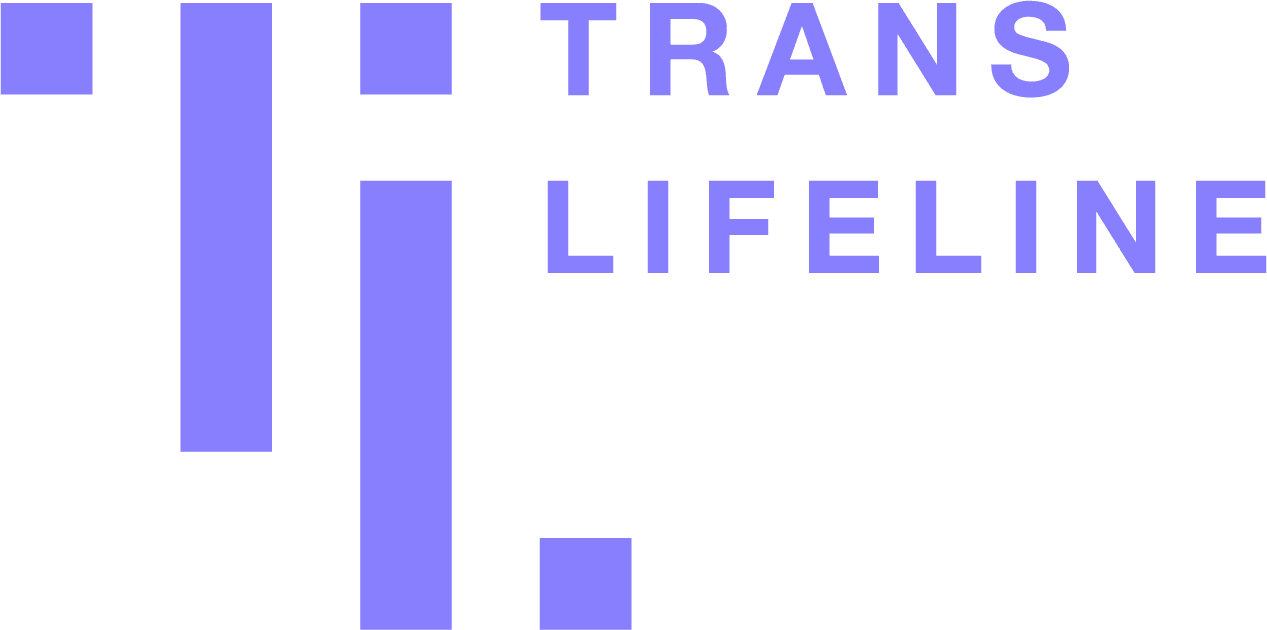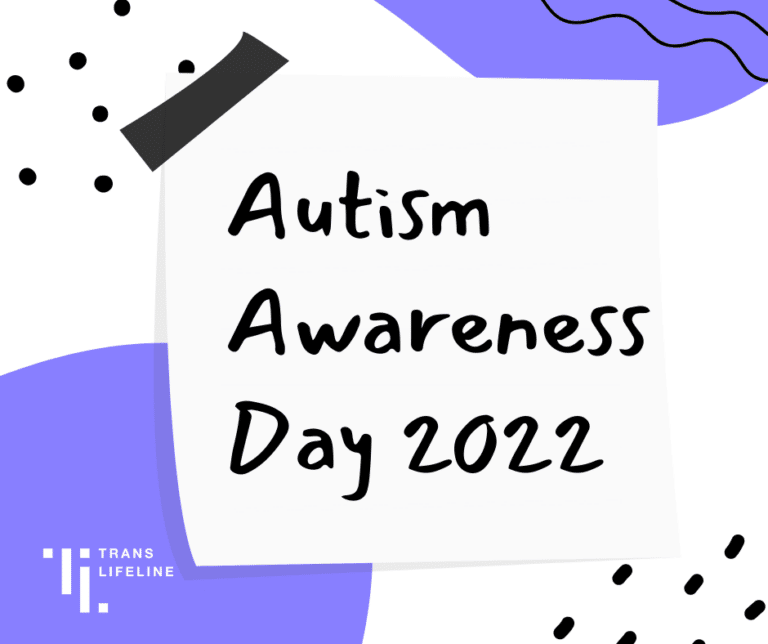Is it weird to be trans and feel indifferent about my genitals?

Is it normal and valid, as a trans woman, to feel indifferent to my genitals as they are? Thanks so much to the brave person who wrote in to ask the Trans Lifeline team this question. Our answer is: Absolutely!…



